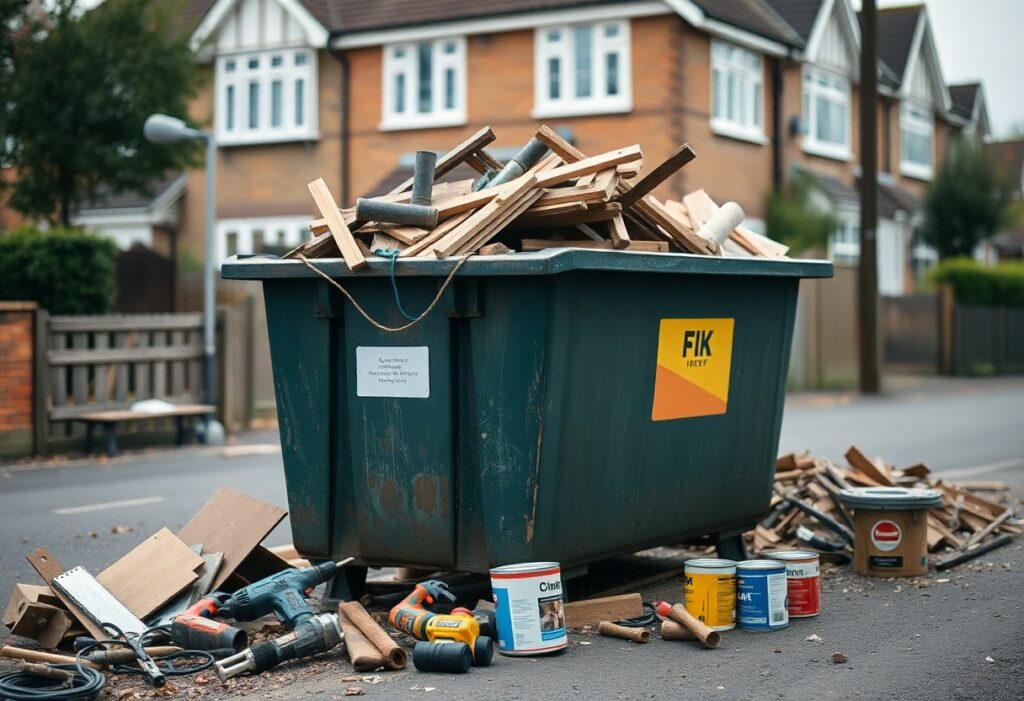Introduction
Composting is the biological process of breaking down organic matter such as food scraps, leaves, and yard waste into a rich soil amendment. The composting process is completed by either aerobic (with oxygen) or anaerobic (without oxygen) microorganisms.
Composting not only reduces the volume of organic waste sent to landfills, it also provides a number of environmental and economic benefits. Compost helps improve soil structure, prevents compaction, and increases water infiltration and retention. All of these contribute to healthy plant growth.
In addition, compost can be used as a natural fertilizer to provide essential nutrients for plants, such as nitrogen, phosphorus, and potassium. By using compost instead of synthetic fertilizers, you can help reduce the pollution of our air and water resources.
Finally, composting your organic waste keeps it out of landfills where it would decompose anaerobically and produce methane gas—a potent greenhouse gas that contributes to climate change.
What is composting?
Composting is the process of decomposing organic matter, such as leaves and food scraps, into a rich soil amendment known as compost. Composting is a simple way to reduce your waste while also improving the health of your garden.
There are many benefits to composting your waste, including reducing the amount of waste that goes to landfill, reducing greenhouse gas emissions, and improving the health of your garden. Composting is also a great way to recycle nutrients back into the ecosystem.
When organic matter decomposes in landfill, it creates methane, a powerful greenhouse gas. By composting your waste instead of sending it to landfill, you can help reduce methane emissions and combat climate change.
Compost is a rich source of nutrients that can be used to improve the health of your garden. Compost adds essential nutrients to the soil, including nitrogen, phosphorus, and potassium. It also helps improve soil drainage and aeration, which can improve plant growth.
If you are interested in composting your waste, there are many different methods you can use. You can compost using an indoor or outdoor composter, or even make your own compost bin using items you have around the house.
The benefits of composting
One simple way to reduce your carbon footprint is to compost your food and yard waste. By composting, you are keeping these materials out of the landfill where they will release methane gas, a greenhouse gas that is 21 times more potent than carbon dioxide.
Composting reduces waste
Composting is a great way to reduce the amount of waste that you produce. It is estimated that up to 40% of the food we throw away could be composted. This means that we could potentially reduce the amount of waste we produce by up to 40%.
Composting also has a number of other benefits. It can help to improve the quality of your soil, and it can also help to reduce the need for chemical fertilizers. Composting can also help to attract helpful insects and animals to your garden, such as earthworms and ladybirds.
Composting is good for the environment
Composting is good for the environment because it reduces the amount of waste that goes into landfills. When organic materials like food scraps and yard waste decompose in a landfill, they release methane, a greenhouse gas that contributes to climate change. Composting helps to prevent the release of methane by breaking down organic matter into carbon dioxide, water, and other nutrients that can be used by plants.
Composting also reduces the need for chemical fertilizers and pesticides. The nutrients in compost help to promote healthy plant growth, which in turn leads to healthier ecosystems.
Composting can save you money
Composting your kitchen and garden waste can save you money in a number of ways.
-You can reduce the amount of waste you put out for collection, saving on your bin charges.
-You can use compost to improve your soil, meaning you need to spend less on fertlisers and soil improvers.
-You can use compost to mulch your plants, saving you money on garden maintenance.
In addition to the financial benefits, composting also reduces your carbon footprint and helps to create a more sustainable environment.
How to compost
Composting is a process of recycling your organic waste into a nutrient-rich soil amendment that can be used to improve the health of your plants. It is a simple and efficient way to reduce the amount of waste that goes to the landfill, and it can also save you money on your gardening and landscaping expenses.
What you will need
Composting is a great way to reduce the amount of waste that you produce, and it can also be used to create nutrient-rich soil for your garden. In order to start composting, you will need a few things:
-A location for your compost: This can be a simple bin or pile in your backyard, or even a small Worm Bin for indoor composting.
-Organic matter: This includes things like fruit and vegetable scraps, coffee grounds, eggshells, and more. You can find a complete list of what can be composted here.
-Air: Compost needs oxygen in order to break down properly, so make sure that your bin or pile is well-aerated.
-Water: Too much or too little water can slow down the composting process, so keep an eye on yourbin or pile and add water as needed.
The composting process
Composting is a simple way to reduce your waste while also improving your soil. The process of composting involves breaking down organic matter, such as food scraps and yard waste, into a rich soil amendment. This process can be done through both hot and cold methods, though the hot method tends to be quicker.
The key to successful composting is creating the right conditions for the microbes that break down the organic matter. These microbes need four things to thrive: oxygen, water, carbon, and nitrogen.You can provide all of these things by following these simple tips:
-Choose the right location: Your compost pile should be in a sunny spot that is close to a water source.
-Find the right ratio of carbon to nitrogen: A good rule of thumb is to add two parts carbon-rich materials (like fallen leaves) to one part nitrogen-rich materials (like kitchen scraps).
-Turn your pile regularly: Turning your compost pile every week or two will help it to break down more quickly.
-Keep it moist: Add water to your compost pile as needed to keep it moist but not soggy.
By following these tips, you can create healthy compost that will improve the quality of your soil.
Conclusion
In conclusion, composting your waste has many benefits. It helps to reduce the amount of waste that goes to landfill, it reduces methane emissions from decomposing waste, and it helps to improve the quality of your soil. Composting is easy to do, and it is a great way to reduce your impact on the environment.



